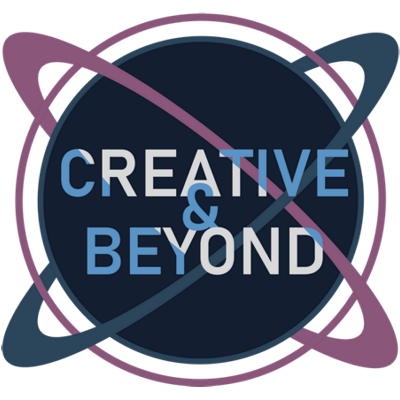better or worse
This likely falls into the category of TMI, but what they heck, I’m sharing it anyways. Not so long ago, I had the privileged experience of developing a most unpleasant rash (and not on purpose either). Over the matter of a few days, it got pretty bad. Thankfully, I was able to see a doctor and get needed medication to make it go bye-bye. Hey, I’ve got two kids now, I’m allowed to say things like that.
It wasn’t all bad though. I actually learned a couple things from the experience:
1. Rashes suck.
2. There is a big difference between better and worse, but it isn’t always obvious.
I imagine you’ve heard more than you bargained for about my personal health at this point (which is good, because I’m just about through telling), but my attitude and outlook changed remarkably when the rash (we’ll call him Sir Rashington) made the transition from getting worse to getting better.
As far as creativity goes, that tipping point between these two states of being is crucial, but it can also be nigh undetectable. At what point do you transition from a bad painter to a good one? Insert any other creative activity in there. I watched a video about Jim Carrey painting recently. Sometimes this tipping point may be obvious, but often it isn’t.
The transition from a poor skater to a mediocre one to an accomplished one happens slowly and incrementally, no one is a pro on the first go. Just like any athletic ability, learning a creative skill is rarely an overnight event. It takes time and effort.
Sir Rashington still looked pretty bad between days 5 and 6, but I was pleasantly surprised to find he hadn’t gotten worse. Even when improvement was obvious, he still didn’t look (or feel) all that great but I sure was happy things had taken a turn in the right direction.
Creatively speaking, It’s easy to get discouraged when we compare our progress to other, more accomplished people—your “better” may still look pretty terrible. But the point isn’t how it looks right now, but where it’s taking you and where you will end up. And getting better isn’t that hard, it comes down to a committed, regular practice.
The word Kaizen incorporates the Japanese ideal of continual improvement. It’s often used as a business model to eliminate waste and increase efficiency. I wonder how much such a mindset might help our own creative lives. How much progress might we make on a single creative activity if we committed to taking very small steps toward improvement in it every day? Why, it’s enough to give you the itch to try a little harder and do a little more on the next go-round.
Anyhow, thanks for suffering with me through a somewhat gross subject. I hope you, like me, can rejoice in the small signs that you’re getting just a little bit better than before—especially where skin conditions are concerned.
Creatively yours,
A.P. Lambert

